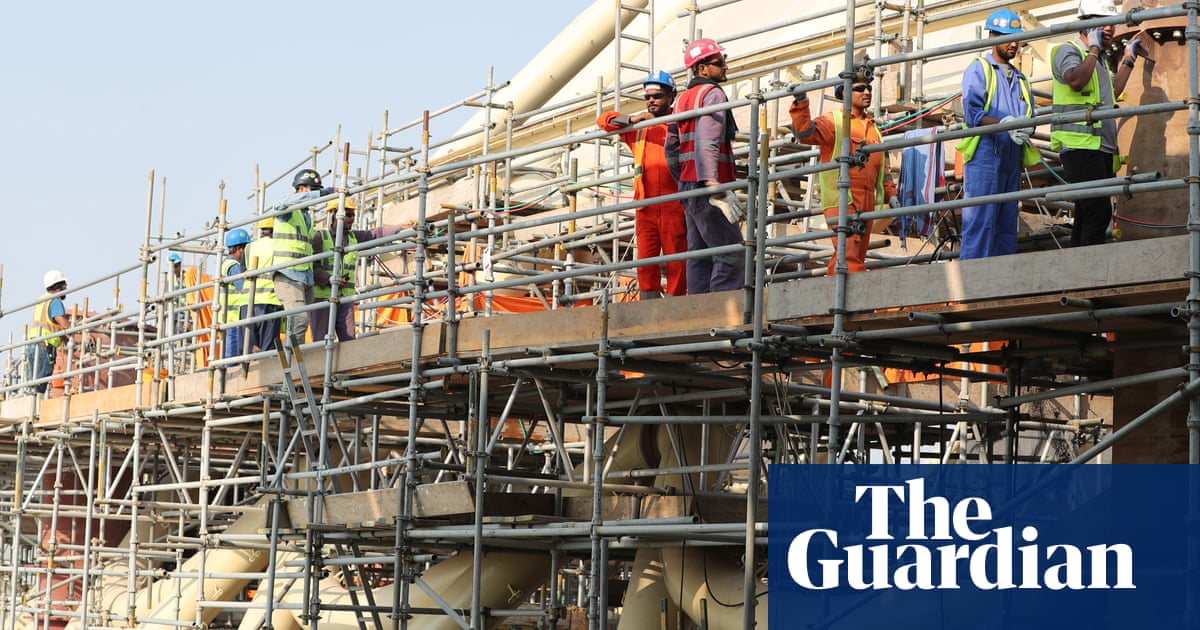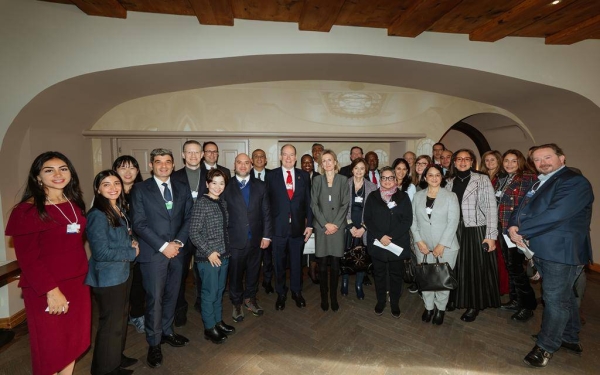
If there is one lesson to be learned from the panic-stricken global response to the outbreak of the coronavirus COVID-19, it is how poorly prepared states and international institutions are to cope with anything beyond their routine activities. For, now that COVID-19 has taken over the headlines worldwide, the threats and dangers of climate change are taking a back seat. However, when the flu season is over and a vaccine is found, and with it humanity saved — at least for the time being — we will have to address how planet Earth is going to cope with global warming and its disastrous consequences for humans and all other species.
Among the many neglected aspects of the consequences of climate change is the issue of climate refugees. It is safe to say that this is not just an apocalyptic prophecy of a distant future of people fleeing natural disasters and becoming displaced in their own countries or refugees in foreign lands, but something that is taking place already, in the here and now.
According to the World Migration Report 2020, by the end of 2018 there were a total of 28 million new internal displacements across 148 countries and territories, of which 61 percent (17.2 million) were triggered by natural disasters. These are not confined to the developing world, but are affecting some of the world’s wealthiest societies. In Australia, the recent bushfires not only killed scores of people and many millions of animals, they also forced people out of their homes. In the UK, a succession of storms and floods has exposed how ill-prepared the infrastructure and emergency services are — to the detriment of thousands of people.
It is estimated that 971 million people live in areas with high or very high exposure to the perils of climate change, which not only makes them particularly vulnerable to extreme climatic events, but also to social breakdowns and international conflicts. The most recent data demonstrates that, in recent years, more people are being displaced by natural disasters in any given year than those driven from their homes or countries by conflict and violence. Moreover, these disasters are affecting increasing numbers of countries in different parts of the world. For instance, in 2018, 144 countries and territories were affected by natural disasters, compared with 55 by conflict and violence. In many cases, these disasters can be linked to climate and weather-related factors, including storms, floods and droughts.
Addressing the issue of climate refugees head-on necessitates firstly ending, or at least marginalizing, climate change denial. Climate change deniers, in their irrational drive to smear well-researched and verified scientific evidence that the phenomenon does exist, refuse to accept that global warming and its consequences are the result of human activity. But if there is no global, collective action to stop and reverse global warming, we are, plainly and simply, bringing about a disaster on a biblical scale. The deniers have even found a new weapon to rival Greta Thunberg in the form of a German teenager with ultra-nationalistic views and anti-Semitic undertones, but not even this young woman can alter the clear evidence of rising temperatures, melting icebergs and increasingly extreme weather events.
Unfortunately, climate deniers have friends in high places. But, if and when the debate is finally won, we should move to the phase of accelerating a global action plan along the lines of the 2015 Paris Agreement and probably beyond, taking into account that one of the inevitable corollaries of unpredictable weather events is the mass movement of people away from their homes.
Previously, at the height of the neoliberal hype about building a global society, migration — at least in theory — was perceived as a phenomenon that boosts economic activity and develops and enhances societies. This view was never translated into a sufficiently well-articulated system of beliefs, let alone a way of life anchored in policies, but was still a significant change of mindset and a work in progress. Unfortunately, for the time being, this approach to migration has been stalled, if not reversed.
The confrontation between rising nationalist populism, which numbers many climate change deniers among its followers, and the steady increase in climate refugees is creating the perfect storm, as displaced populations look for refuge in countries that do not welcome them, regardless of their predicament. To suggest that climate refugees are essentially “economic migrants” is a preposterous claim that belittles the life-threatening devastation caused by climate change, which is affecting access to drinking water, destroying crops and livestock, and bringing about a struggle for survival. Temperatures are constantly on the rise, while people experience either no rain for months, resulting in droughts and wildfires, or periods of successive downpours that cause record-breaking floods.
It all leads to extreme cases of food insecurity, which in turn drives the mass exodus of people looking for food and shelter in the first place, and, later, if conditions don’t allow them to return home, seeking to settle permanently elsewhere. But without groundwork at state, regional and global levels to prepare for such eventualities, this is bound to bring about pressure on resources and friction with host populations.
For now, most displacements associated with natural disasters and the impacts of climate change are internal, with those affected seeking refuge within their national borders. Nevertheless, with the worsening impact of greenhouse gas emissions and the resulting increase in natural disasters, it must be expected that cross-border displacements will also increase, especially those associated with domestic unrest, conflict and war.
To say that no country is prepared for climate refugees is an understatement, as the world has not even begun to internalize the hazards of climate change, its multifaceted consequences, and especially the very real prospect of many millions of people being driven from their homes and forced to seek refuge elsewhere. Judging by the record of the more developed economies, in particular, on absorbing refugees from war and conflicts on a much smaller scale, and taking into account the current xenophobic discourse, let alone the fact that economies are growing at a very slow pace, if at all, it is hard to envisage any concerted effort to prepare for the coming inevitable influx of climate refugees.
Yossi Mekelberg is professor of international relations at Regent’s University London, where he is head of the International Relations and Social Sciences Program. He is also an associate fellow of the MENA Program at Chatham House. He is a regular contributor to the international written and electronic media. Twitter: @YMekelberg












